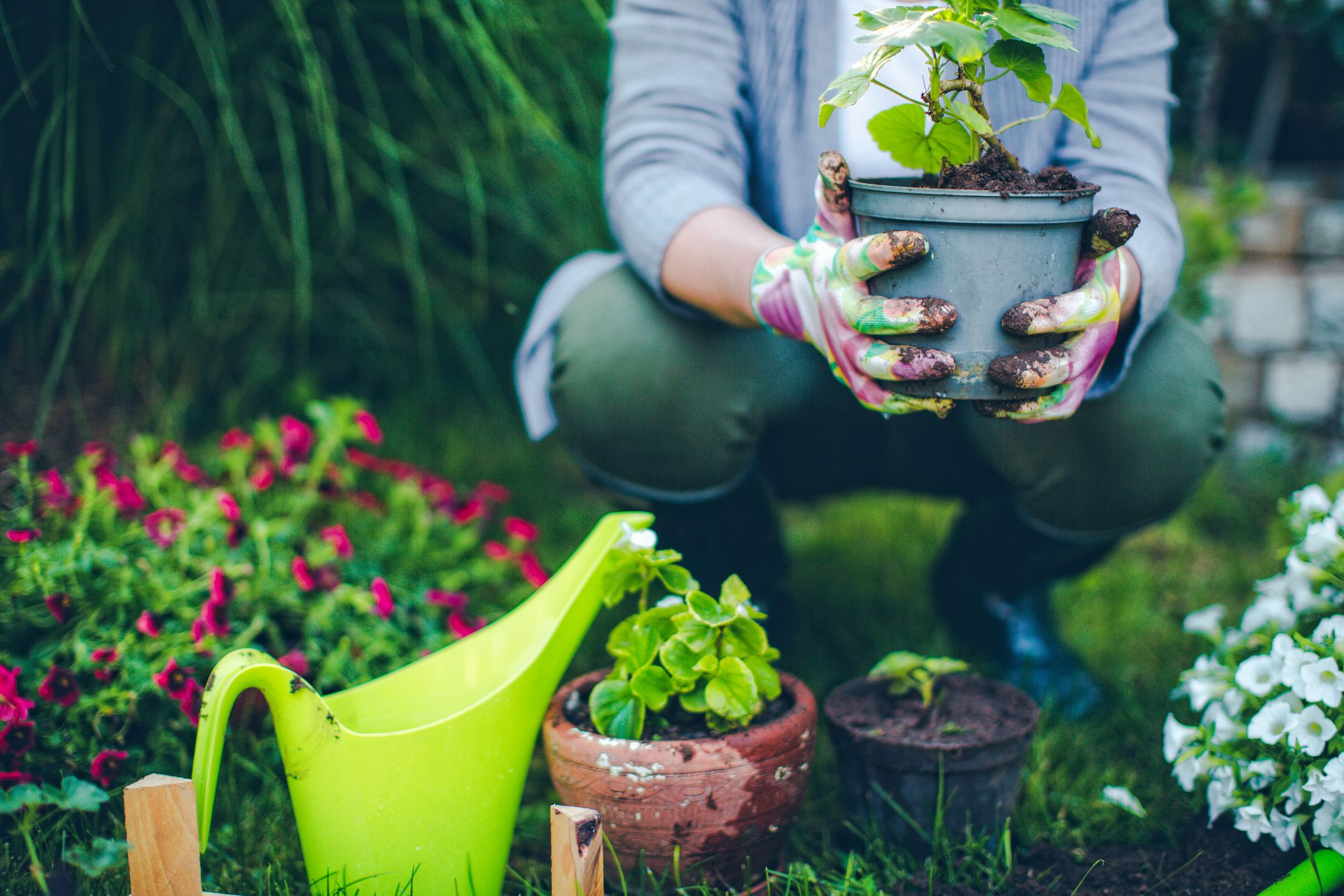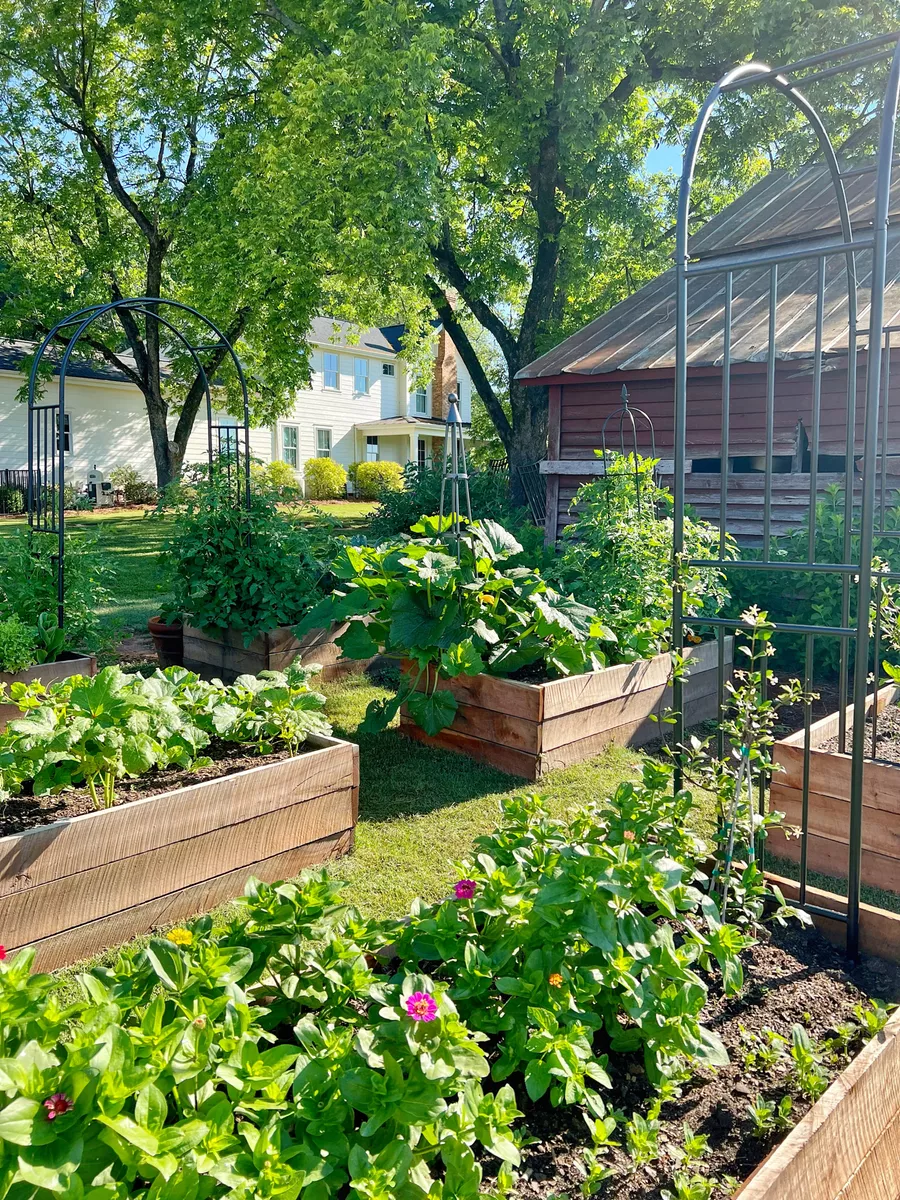Understanding the Different Types of Horticulture and How They Contribute to a Much Healthier Way Of Living and Environment

Advantages of Veggie Horticulture
Several people are progressively acknowledging the myriad advantages of veggie horticulture as an essential component of a healthier way of life. Participating in veggie horticulture supplies many physical health and wellness advantages, including boosted exercise, which boosts cardio wellness and promotes general fitness. The act of planting, weeding, and harvesting requires movement and can help combat inactive habits, adding to weight administration and enhanced muscle tone.
Furthermore, cultivating one's own vegetables considerably improves dietary quality. Native produce is frequently fresher and more nutrient-dense contrasted to store-bought choices, as it can be eaten soon after harvest. This availability motivates a higher consumption of fruits and veggies, which are necessary for stopping chronic diseases.
Additionally, veggie horticulture fosters psychological health by supplying a therapeutic outlet for stress alleviation and relaxation. The act of tending to plants can be introspective, permitting individuals to connect with nature and run away the stress of life. The lasting practice of expanding one's own food lowers dependence on commercial farming, contributing to ecological preservation and promoting biodiversity. Jointly, these benefits emphasize the value of vegetable horticulture as a cornerstone of a healthier way of living.
Exploring Blossom Gardening

In enhancement to visual benefits, flower gardening sustains neighborhood ecological communities. Numerous flowering plants draw in pollinators, such as and butterflies, which are crucial for preserving biodiversity. The existence of varied vegetation can also improve soil wellness, as various plants contribute to nutrient biking and boost dirt framework.
Additionally, flowers can play a significant duty in advertising lasting practices. Numerous gardeners choose indigenous or drought-resistant varieties, which call for much less water and minimal chemical inputs. This method not only profits the environment however additionally urges liable horticulture practices.
Eventually, blossom gardening works as an essential part of a holistic gardening method. Gardening. By cultivating beauty and supporting neighborhood ecosystems, it harmonizes with vegetable horticulture and emphasizes the relevance of supporting both our physical and mental well-being with nature
Container Horticulture Benefits
Container gardening offers various advantages that make it an appealing alternative for both newbie and skilled garden enthusiasts. One of the primary advantages is its convenience; containers can be positioned on outdoor patios, terraces, and even indoors, enabling horticulture in areas with limited ground accessibility. This versatility allows individuals in city settings or those with small backyards to cultivate plants properly.
Furthermore, container gardening gives boosted control over dirt high quality and moisture degrees. Garden enthusiasts can choose specific dirt mixes to enhance plant health and minimize problems like weeds and parasites. The flexibility of containers additionally enables for easy moving to maximize sunshine direct exposure or secure plants from inclement weather condition.
Additionally, container yards can be visually pleasing, supplying a chance for creative thinking in design. Gardening. They can function as decorative components that improve exterior or indoor areas while advertising biodiversity by attracting pollinators
Finally, container gardening can contribute to a much healthier lifestyle by motivating exercise, as it typically entails lifting, planting, and keeping plants. Overall, the advantages of container horticulture make it an available and fulfilling practice for those seeking to boost their way of life and atmosphere.
The Surge of Vertical Gardening
As urban areas come to be progressively crowded, the pattern of upright horticulture has actually taken off, enabling individuals to maximize their gardening capacity in minimal locations. This innovative method includes growing plants in upright frameworks, such as wall-mounted planters, trellises, or specialized vertical yard systems. The appeal of vertical horticulture exists not just in its efficient use space but also in its aesthetic contribution to city environments, changing bare wall surfaces right into anonymous lavish environment-friendly landscapes.
Upright yards can be set up in homes, terraces, and area rooms, giving a system for expanding a range of plants, including natural herbs, veggies, and ornamental flowers. This method encourages biodiversity and can enhance air top quality by filtering system toxins while promoting a connection to nature in largely booming locations. Furthermore, upright horticulture uses functional benefits, such as improved return per square foot, making it an eye-catching choice for metropolitan gardeners seeking to expand their very own food.

Lasting Practices in Horticulture
Welcoming lasting practices in gardening is crucial for advertising environmental health and wellness and making certain the viability of our Source natural deposits. Lasting gardening methods concentrate on minimizing ecological effect, preserving water, and promoting biodiversity. By carrying out methods such as natural gardening, gardeners can reduce making use of synthetic plant foods and chemicals, which can hurt regional environments.
Buddy planting is one more effective lasting approach, where particular plants are expanded together to enhance growth and hinder parasites normally. Additionally, making use of indigenous plants in landscaping supports local wild animals and calls for much less upkeep, as they are inherently adapted to the neighborhood climate and soil problems.
Water preservation methods, such as rainwater harvesting and drip watering, assistance to effectively manage water sources, therefore minimizing waste. Additionally, composting natural waste not only enriches the dirt however also lowers garbage dump contributions, advertising a round economic climate.
Finally, exercising crop turning and cover cropping boosts soil wellness and minimizes the risk of bug invasions. By integrating these sustainable techniques, gardeners can produce resistant environments that add to a much healthier way of life while safeguarding the atmosphere for future generations.
Conclusion

Finally, the diverse techniques of horticulture, consisting of veggie, flower, container, and vertical horticulture, collectively advertise a much healthier way of living and enhance environmental sustainability. Each type uses distinctive benefits, from supplying fresh fruit and vegetables and attracting pollinators to optimizing limited areas and motivating biodiversity. By promoting lasting practices, these gardening approaches not only contribute to private wellness however also support more comprehensive ecological conservation efforts, eventually minimizing dependence on industrial agriculture and from this source enhancing community resilience.